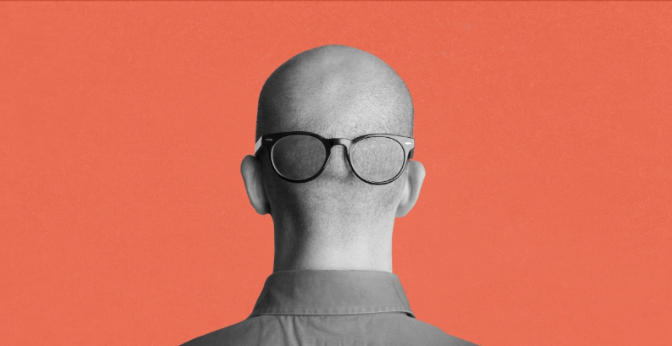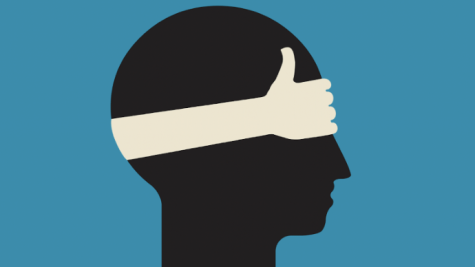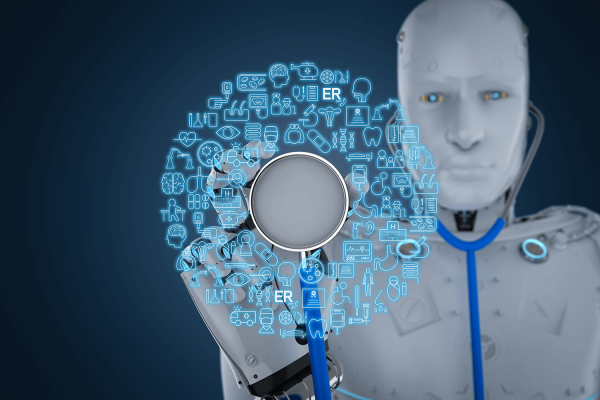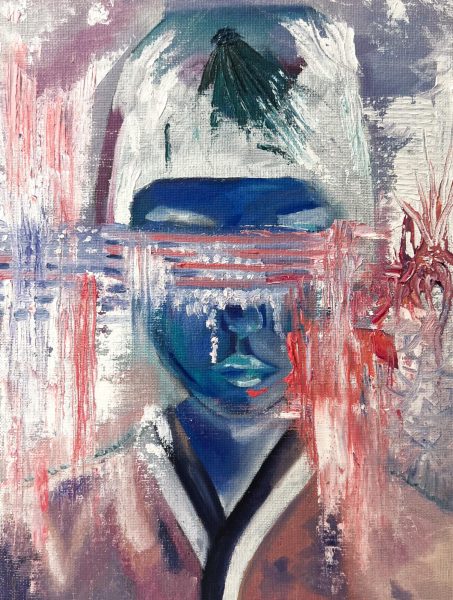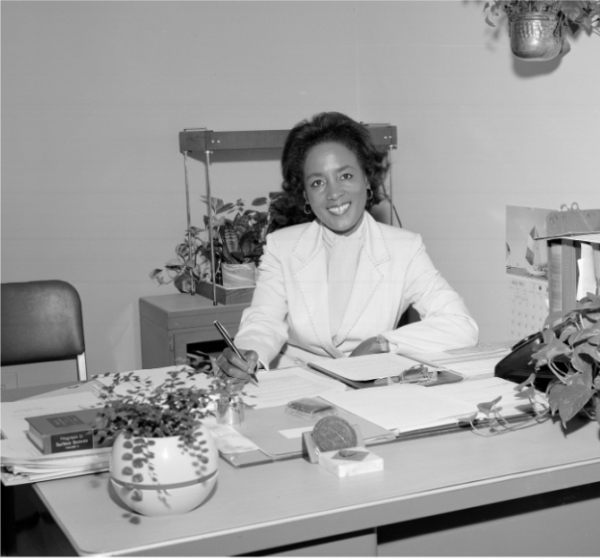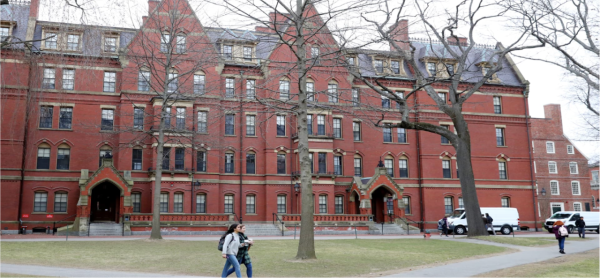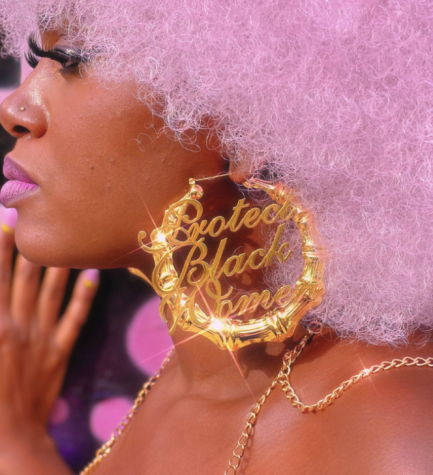Are We Aware of What We Are Unaware Of?
October 21, 2022
Unconscious bias–beliefs that we possess outside of our conscious awareness–is indeed prominent everywhere. It is something we develop at a young age–unconsciously, of course–from the influence of many people and places including our family and friends, school environment, workplace, religious affiliations, and more. The topic of unconscious bias is one that is confusing and difficult to explain. In fact, how could we even know that something exists if it is labeled as unconscious in the first place?
Before the breakdown, let us take a look at an example together:
I want you to open a new tab on your search engine and take a look at the images upon entering ‘stock photo professor.’ Scroll around and think about what you see. On my computer, I can see that my screen is predominantly men–white men at that. Also, check out the subcategories above the images. Do you see one for “female”? There are two types of unconscious bias I see here. Firstly, I want to address how the majority of these images are of men. Stock photos are generic photos purposed for free, creative use. Why is it that male professors are overwhelmingly taking up our screen? Furthermore, why is there a subcategory for “female” professors? Does the term “professor” not encompass anyone else other than men? Secondly, most of the men in these photos are white. Where is the inclusion of racial diversity among professors? These questions that formulate in my head are due to the effects of unconscious bias based on gender and race.
From the internet alone, the conflicts of unconscious bias are evident. Therefore, it is important to assess and acknowledge unconscious bias in our very own community. The process of working against unconscious bias includes the ability to reflect, listen, and take action. First and foremost, let us open our minds to recognize the impact of our decisions and words. It is crucial to take moments to pause and reflect on the things we say and do to ensure the comfort and security of all in our community. Listening allows for expansion in viewing and understanding different perspectives and experiences to educate ourselves out of unconscious bias with new knowledge. Conclusively, let us firmly establish the negativity of unconscious bias by interrupting and guiding those who act or speak in such a way as to embrace diversity, inclusion, and equity.



